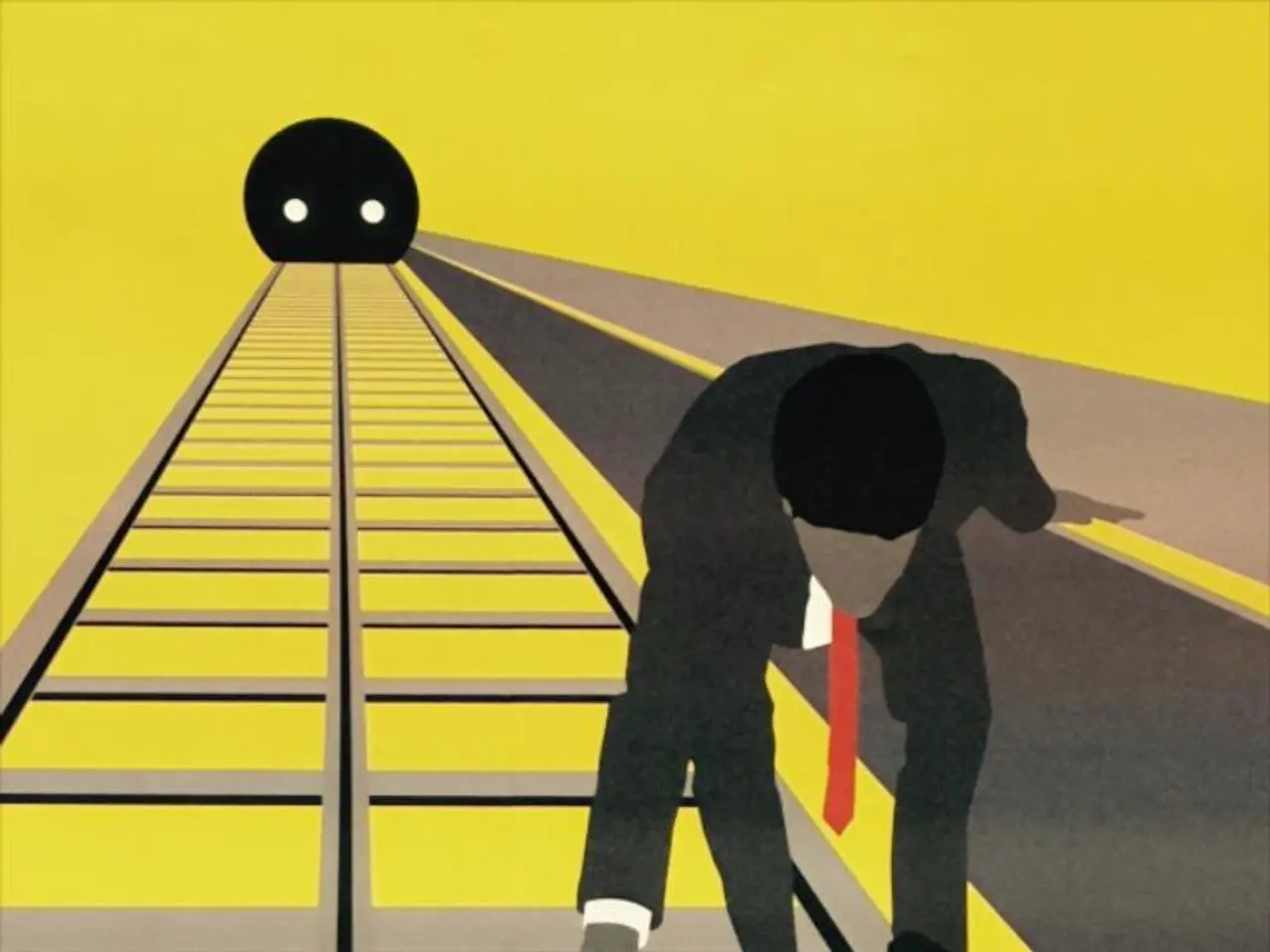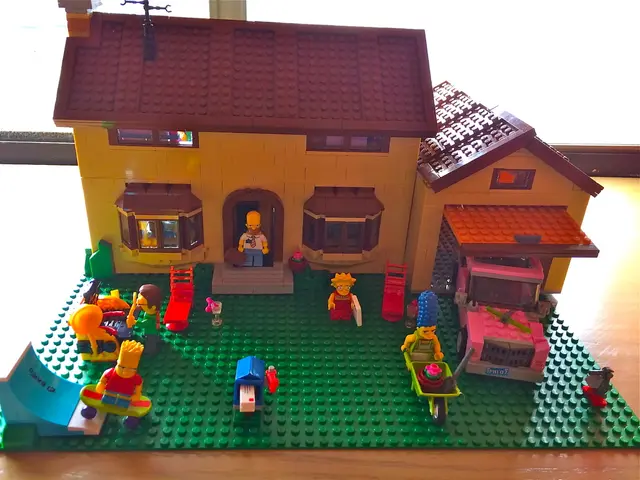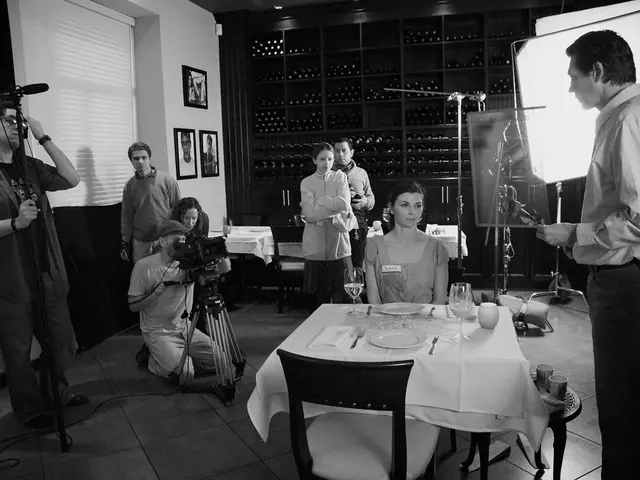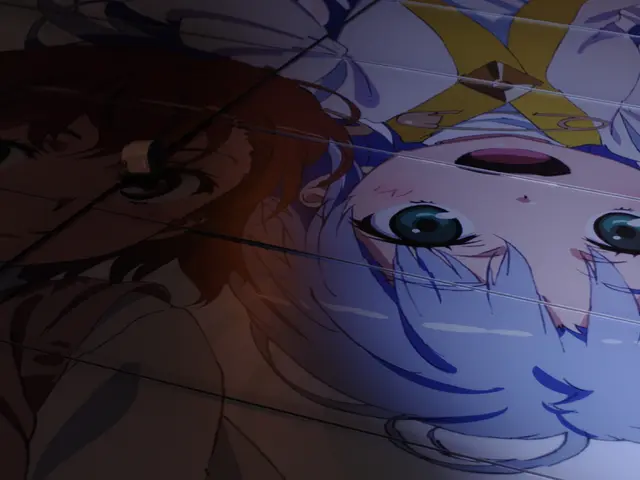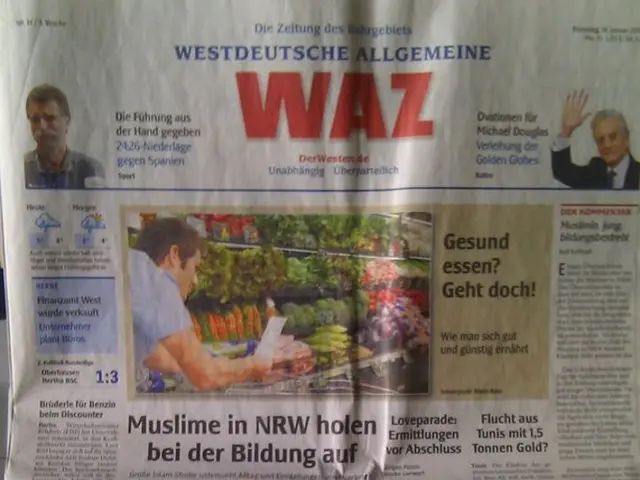Nigerian filmmaker Akinola Davies triumphs at Cannes and envisions the future of Nigerian cinema.
In the heart of Lagos, a city pulsating with life and history, a new wave is emerging in the world of Nigerian cinema. This wave is spearheaded by the Davies brothers, Akinola and Wale, and their groundbreaking films, "My Father's Shadow" and "The Burial of Kojo."
Akinola Davies, a British-Nigerian director living between London and Lagos, found his inspiration for "My Father's Shadow" in the annulment of the presidential elections on June 24, 1993. Though he was born years later, the event piqued his curiosity, leading him to delve into the tumultuous period that shook the nation.
The film, set in Lagos on that fateful day, depicts a city on the brink of explosion due to the strongman general Ibrahim Badamasi Babangida's decision to annul the elections. Ninety percent of the cast and crew were from Nollywood, bucking the industry's "fear of not having the market for arthouse films."
Nollywood, often criticised for its commercial nature and low-budget dramas, saw "My Father's Shadow" as a departure from the norm. The film, which screened at major festivals like Cannes, Toronto, and Sydney, marked a breakthrough for Nigeria's Nollywood, second only to India's Bollywood in the number of films produced annually. The win at Cannes for "The Burial of Kojo," Akinola's subsequent film, further solidified Nigeria's place on the global stage.
Wale Davies, Akinola's brother and co-writer, remembers June 24, 1993, as a defining moment in Nigeria's trajectory. Segun Odunuge, a 55-year-old engineer, found the film to be a poignant portrayal of his family's experiences on that day. Nicolette Ndigwe, a 33-year-old director, described "My Father's Shadow" as "a breath of fresh air" in the Nollywood industry.
"My Father's Shadow" and "The Burial of Kojo" are not just films; they are honest portrayals of what it is like to be Nigerian and the hurdles life presents. The struggles portrayed in these films are likely to resonate 26 years later, as the country grapples with a cost-of-living crisis under President Bola Tinubu's economic reforms.
The Davies brothers have several ideas for future projects, all with a focus on telling Nigerian stories. Akinola expresses a desire to continue producing work in Nigeria that can compete on the global stage. He considers Lagos his "spiritual home," a city that continues to inspire him and fuel his passion for storytelling.
As Nollywood moves forward, the impact of the Davies brothers' work cannot be understated. Their films have not only challenged the status quo but have also provided a platform for Nigerian stories to be told on a global scale. The future of Nollywood looks bright, and with the Davies brothers at the helm, the industry is poised for greatness.
